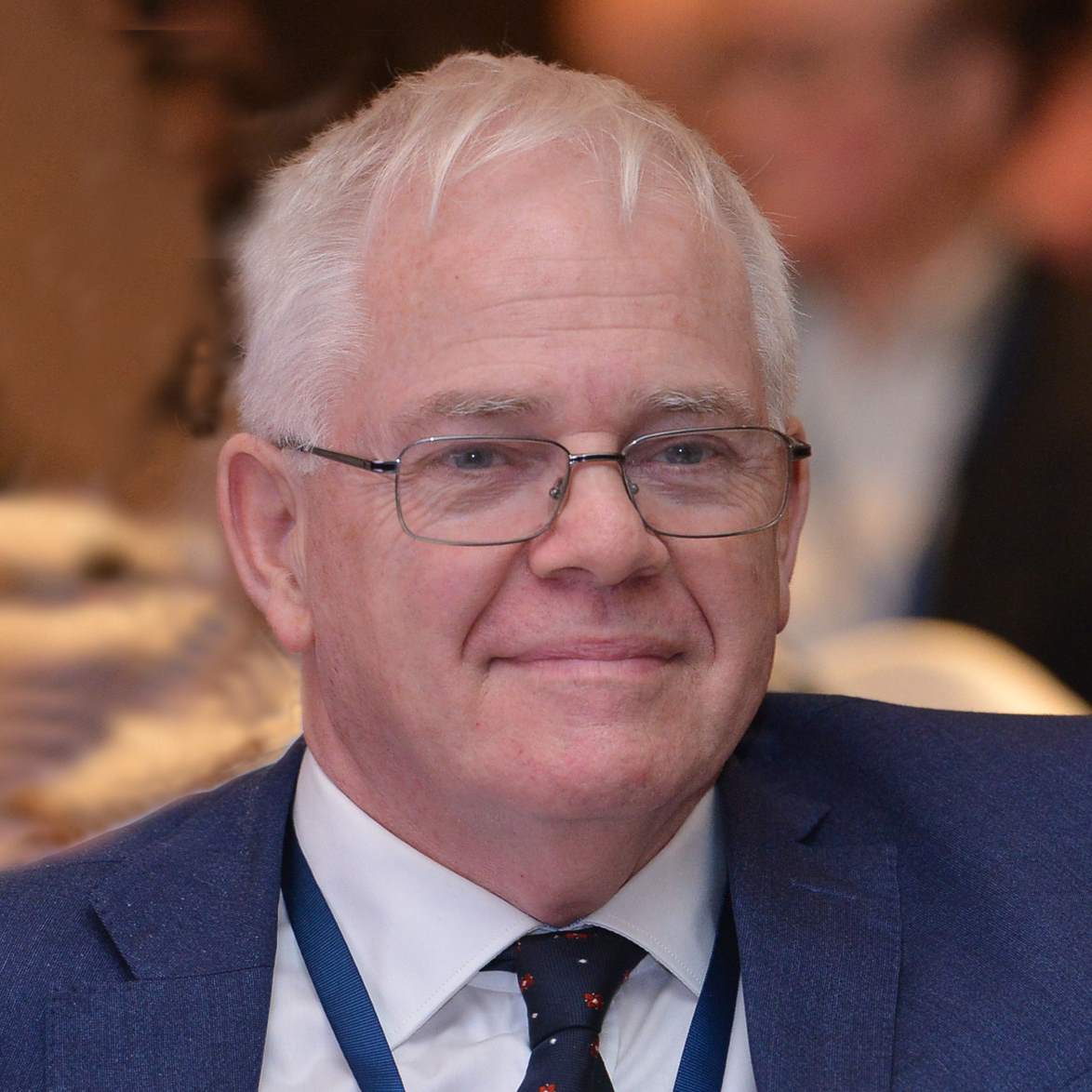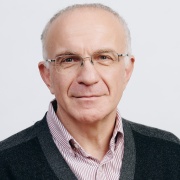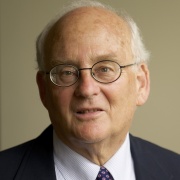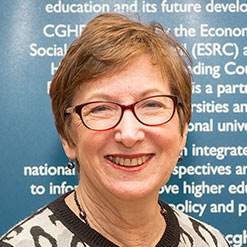Higher education in Russia Part I: History of the present
- CHAIR: Simon Marginson, University of Oxford
- SPEAKER: Isak Froumin, Higher School of Economics, Moscow, Russian Federation
- DISCUSSANT: Phil Altbach, Boston College, USA
- DISCUSSANT: Ellen Hazelkorn, Technological University Dublin, Ireland
Event Materials
This event is now archived and we are pleased to provide the following event media and assets, along with the original event overview.
Higher education in Russia has seen immense ups and downs in the last forty years. Perestroika in the 1980s, followed by the dissolution of the Soviet Union in late 1991, triggered a period of liberalisation and internationalisation in academic culture but the 1990s also saw the defunding of much of the infrastructure of higher education, the loss of many science institutes and a talent exodus to the West. The Soviet system of free higher education was replaced by a semi-marketised policy in which half of the students paid fees, and local institutional autonomy was increased, though the ministry retained ultimate control. There was a great growth of enrolments, especially in ‘new economy’ domains such as business services and IT, and the overall rate of participation in tertiary education climbed rapidly, eventually becoming one of the highest in the world, despite poor and uneven quality in much of the sector. While many institutions inherited from the Soviet era struggled, certain new universities emerged, several with strong international links, which for a time was supported by the Government. Russia joined the Bologna process. In the 2000s funding began to improve and research in the universities started to recover. In 2013 the Government announced a new 5-100 Programme designed to lift the capacity and international profile of the leading institutions in Russia. Russia’s historical role as a large-scale attractor of international students from Ukraine and Centre Asia expanded. However, all was not well in higher education: investment in higher education and science remained modest, quality problems persisted in many institutions, the internationalisation of science was slowed by parochial habits and language barriers, and social and regional inequalities were significantly worse than in the Soviet period. After 2014 civil and political dissent triggered growing state pressures on students, staff and university rectors, and began to place the international links of the sector in question.
In this atmosphere of continuing problems and increasing repression, higher education institutions, along with the rest of Russian society, were suddenly plunged into crisis when the Russian government sent a large-scale invasion force into Ukraine on 24 February 2022. This CGHE webinar on 10 May will review the recent history and the state of play in the sector, and in its internationalisation, on the brink of the invasion. The webinar Higher education in Russia Part II on 23 June will discuss the situation in higher education since the invasion began.
Event Materials
This event is now archived and we are pleased to provide the following event media and assets, along with the original event overview.




